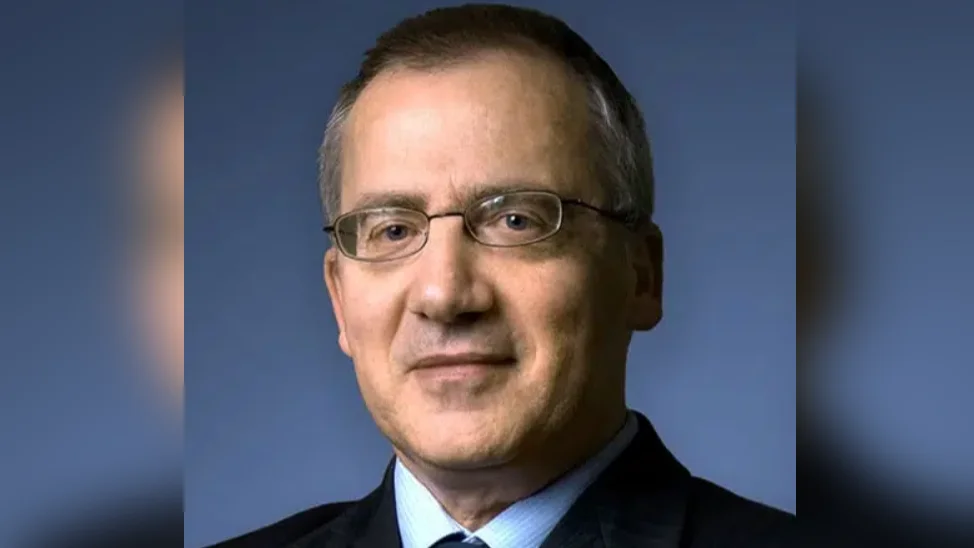
Researchers at UTHealth Houston have received a $27.2 million grant from the National Institute on Aging, part of the National Institutes of Health, to lead a national effort aimed at advancing Alzheimer’s disease research using real-world data. The project, called “Using Real-World Data to Derive Common Data Elements for Alzheimer’s Disease and AD-Related Dementias Research Through Ontological Innovation” (ReCARDO), will bring together teams from 10 institutions across the United States, with UTHealth Houston serving as the central hub.
Real-world data, which includes information collected from sources such as electronic health records, insurance claims, mobile applications, and wearable devices, is increasingly seen as essential for understanding how treatments and health trends affect patients in everyday settings.
GQ Zhang, PhD; Hongfang Liu, PhD; and Licong Cui, PhD—all from UTHealth Houston—are principal investigators on the grant. Zhang said, “UTHealth Houston is uniquely positioned to undertake this important initiative. Developing the resources to leverage real-world data is critical to empowering aging studies. It requires data scientists and researchers on aging across the country to team up and work together. At UTHealth Houston we have the highest concentration of data science, AI, informatics, neuroscience, and aging study expertise in a single institution, which can help move this initiative forward.”
Alzheimer’s disease affects more than 7 million Americans aged 65 or older—a figure projected to rise significantly in coming decades according to the Alzheimer’s Association.
Zhang added: “Alzheimer’s disease is a debilitating neurodegenerative disorder that impacts the patients, their family members, caregivers, and society at large. We hope this initiative can help accelerate progress in aging research, and with data-driven discovery we hope we can do it faster, cheaper, and more effectively.”
The ReCARDO project aims to develop advanced artificial intelligence tools and common data elements that will make it easier for researchers to share and compare findings. These tools will be applied to real-world datasets with the goal of answering key questions about Alzheimer’s disease and related dementias.
Liu stated: “Leveraging real-world data for research is critical and exciting, as data-driven insights can be directly translated to real world impact. This award is critical because it’s going to position UTHealth Houston as the center in conducting state-of-the-art data science research related to real-world data.”
Cui commented: “This is great teamwork bringing together collective expertise across the UTHealth Houston campus and partner institutions to accelerate real-world evidence generation in Alzheimer’s disease and related dementia research.”
Jiajie Zhang, PhD—dean of McWilliams School of Biomedical Informatics at UTHealth Houston—noted: “This award highlights the critical mass of data science, AI, and informatics expertise concentrated at UTHealth Houston. As the home of the largest academic informatics program in the nation, McWilliams School of Biomedical Informatics is proud to contribute to this collaborative effort — both within UTHealth Houston and across a remarkable consortium of leading institutions nationwide. This is exactly the kind of large-scale, team science initiative needed to drive real-world impact in Alzheimer’s research.”
Principal investigators from other participating sites include Ronald Petersen (Mayo Clinic), Zoe Arvanitakis (Rush University), and Yong Chen (University of Pennsylvania). Additional site leads represent Indiana University School of Medicine; University of Washington; University of Alabama at Birmingham; University of Florida; The University of Texas at San Antonio; and Vanderbilt University.
Numerous co-investigators from different schools within UTHealth Houston are also involved in ReCARDO.
The project receives its funding under award number U24AG098157 from the National Institute on Aging.